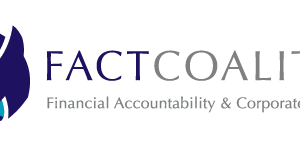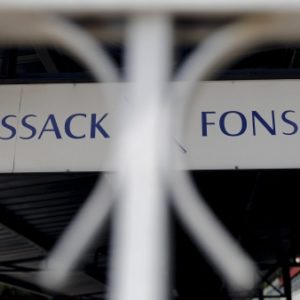Human trafficking is one of the most insidious crimes in our world today. It’s a business that profits on depriving basic rights — buying and selling them for forced labor or sexual exploitation. Unfortunately, it is the third-or fourth-largest illegal industry in the world (depending on how one measures) — and one that is growing rapidly. It is estimated to amount to $150 billion in profits each year while keeping 21 million people in slavery — at least that we know of.
Human traffickers hide in the shadows, making them extremely elusive to authorities. Vanessa Chauhan, a strategic engagement adviser at Polaris and FACT Coalition member, says, “It’s a hidden crime and unless you’re looking for it, you’re not going to find it.” To remain hidden, some traffickers use illicit schemes, including complex webs of anonymous companies, that allow them to quietly launder the proceeds from their illicit activity and shield them from accountability.





